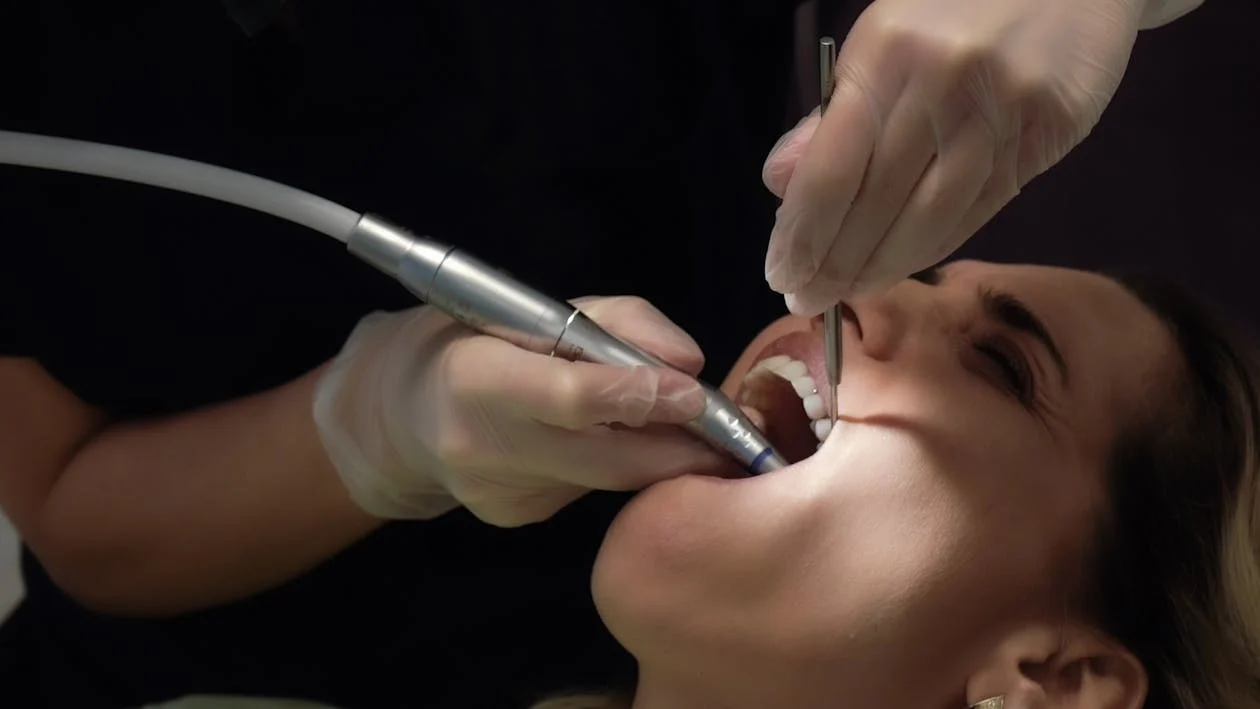The first human trial of tooth-regrowing drug is set to commence within a few months, after promising outcomes in animal studies less than a year ago. This development signals a potential commercial availability of the medicine by 2030.
Scheduled to take place at Kyoto University Hospital from September 2025 to August 2026, the trial aims to assess the efficacy of intravenous treatment on human dentition. It targets 30 male participants aged 30-64, each missing at least one molar. Previous experiments on ferrets and mice demonstrated successful tooth regeneration without notable side effects, prompting this pivotal human phase.

“We want to do something to help those who are suffering from tooth loss or absence,” said lead researcher Katsu Takahashi, head of dentistry and oral surgery at Kitano Hospital. “While there has been no treatment to date providing a permanent cure, we feel that people’s expectations for tooth growth are high.”
Joel Green
Following this initial phase, researchers plan to extend the trial to children aged 2-7 suffering from congenital tooth deficiency, a condition affecting approximately 1% of the population. Recruitment for this Phase IIa trial is currently underway.
The drug works by inhibiting the uterine sensitization-associated gene-1 (USAG-1) protein, known to suppress tooth growth. This mechanism, discovered in 2023, enhances bone morphogenetic protein (BMP) signaling, which stimulates new bone formation.
Notably, the USAG-1 protein shares a 97% amino acid homology across various species, underscoring its potential relevance in human tooth regeneration.
Dr. Takahashi, a molecular biologist and dentist with a longstanding interest in tooth regeneration since 2005, envisions this treatment benefiting not only those with congenital dental issues but also individuals of all ages who have lost teeth.
If successful, this groundbreaking therapy could be available for patients missing teeth within six years.